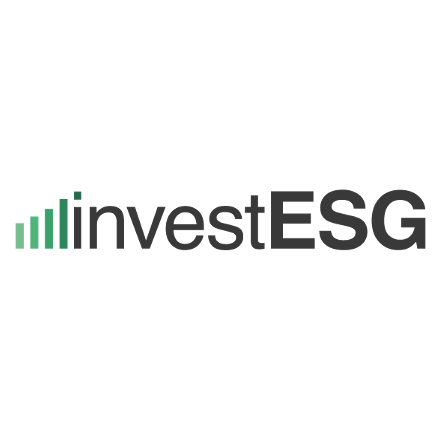In this Q&A with ESG.Guide, newly appointed EFFAS President Fritz Mostböck shares how Europe’s analysts can cut through data overload, why smarter regulation matters, and why the next generation will keep ESG at the top of the agenda.


Photo credit: Erste Group
Fritz Mostböck, EFFAS president and Head of Group Research at Erste Group Bank AG and Chair of the Austrian Association ÖVFA
In this exclusive Q&A, EFFAS President Fritz Mostböck explains why ESG will remain a megatrend, where Europe’s financial professionals should push for better standards and simpler rules, and how capital markets can drive the energy transition.
ESG.Guide: Where do you see the focus of EFFAS and member organisations in Europe to further develop ESG reporting initatives over the next 12-18 months?
Fritz Mostböck: "We established our EFFAS Commission on ESG early on in 2007. Since then, we have worked with experts to further develop standards, organize conferences, and, above all, offer our certified training program called CESGA®. Recently, there have been a few global political setbacks with regard to ESG. However, in the long term, this trend is unstoppable, as climate change is clearly noticeable and, above all, the younger generation, which feels at home in the global digital world, is calling for a global rethink. We will continue to work on this, because the e.g. energy transition can only be financed through the capital markets."
ESG.Guide: From the perspective of analysts, fund managers and investors: In which areas do you see the major opportunities and the main challenges in ESG reporting?
FM: "You can't generalize like that. Everyone will need suitable ESG data. Unfortunately, the flood of data is too great. There is therefore a lack of common, overarching standards that are universally applicable and comparable. I think harmonization will be necessary here. In any case, listed companies, investors and fund managers will have to continue to adapt to ESG, because the younger generation in particular will also demand ESG-oriented funds for their long-term financial planning."
ESG.Guide: Could less regulation result in better regulation? In which areas could regulation be lifted?
FM: "Less regulation is usually a good thing. Unfortunately, in Europe, people often think that further regulation can improve existing regulations. We all know where that ends. I believe that sensible ESG standards will prevail on their own one day. Some capital market regulations (MiFID 2) should be streamlined, because the idea of a the ‘Savings and Investment Union’ is generally a good one."
ESG.Guide: Which role does the EU taxonomy play in the context of ESG reporting and how could or should the taxonomy be developed further?
FM: "I think having a common framework is a good idea in principle. However, companies often feel overwhelmed by reporting standards and the EU taxonomy. Therefore, the introduction of the Omnibus package is also a good idea for the time being, as it will simplify and harmonize what is likely to be an overly large and complicated bundle of requirements and regulations."
ESG.Guide: In which areas will analysts demand more information from companies to better assess the ESG risks and opportunites of listed companies?
FM: "Most likely in the areas of environmental and internal governance. Western-oriented, transparent companies should now have fewer and fewer problems in the social sphere. Nevertheless, unpleasant surprises do occur from time to time, which is why companies are often rightly punished severely and suffer damage to their reputation."
In closing, what is your outlook for ESG going forward.
FM: "I believe that environmental, social issues as well as governance will remain key megatrends and value drivers on the capital markets for reasons of transparency. This will result in both risks but also opportunities for listed companies. The digital transformation will further accelerate this process, which can only be in the interests of investors, stakeholders, and the general public."
ESG.Guide: Thank you for sharing your insights and your vision.
Please also see the article from 1 July, 2025: Leadership Transition at EFFAS
Published by
 investESG
investESG
 investESG
investESG

